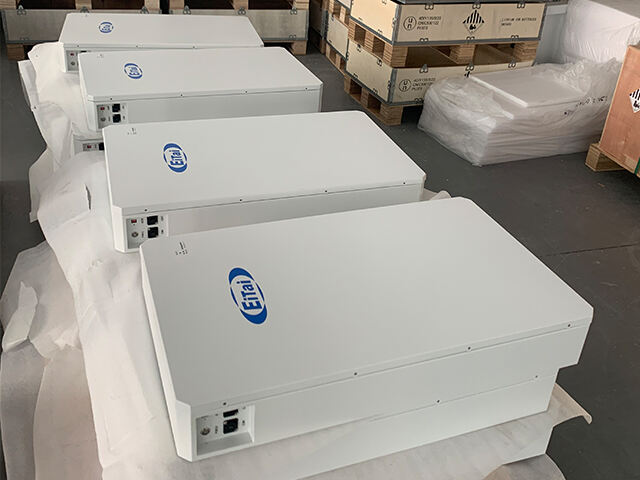LiFePO4 batteries, or lithium iron phosphate batteries, belong to a subtype of lithium ion batteries that have gained traction to their greater safety and cycle life alongside being environmental friendly. A company, Eitai (xiamen) New Energy Technology has emerged by providing advanced energy storage solutions alongside a number of different LiFePO4 batteries that promote energy efficiency during application.
Categories and properties of LiFePO4 Batteries
LiFePO4 batteries consist of lithium, iron, phosphate, and carbon composite which form the cathode material, whereas the anode is usually comprised of graphite. The technology used to create these batteries makes them very resistant to overheating and thermal run-away, thereby ensuring higher stability and safety of the batteries than other chemistries of lithium-ion batteries.
Safety Assurance
LiFePO4 batteries portray elevated levels of power and fuel safety due to their chemistry that makes them inherently stable, possess an excellent thermal performance guarantee and most importantly exhibit an increased resistance to fire and explosion.
Operational Efficiency
The cycle life of LiFePO4 batteries and lead-acid batteries can be contrasted with, LiFePO4 batteries offer a longer cycle life than lead-acid, and in some instances, more than 2.000 charge-discharge cycles. These features not only reduce replacement costs, but also provide a more effective means of energy storage.
Environmental Benefits
Lithium iron phosphate batteries can be deemed eco-friendly as they do not contain any toxic materials such as lead or cadmium. And at the end of its life cycle, the battery can be recycled therefore putting less strain on the environment.
Applications of LiFePO4 Batteries
LiFePO4 batteries find a usage in many spheres such as in home or commercial energy storage systems, automotive industry as well as in renewable energy technologies. Eitai (xiamen) New Energy Technology has developed such LiFePO4 batteries that are required for the various energy requirements in these industries.
Residential and Commercial Energy Storage
For residences and commercial buildings equipped with solar panels or wind generators, LiFePO4 batteries can work in a similar capacity, storing excessive generation for periods of low generation or high demand. This improves energy efficiency and provides backup in case of power outages.
Electric Vehicles
Due to their high energy density as well as long cycle life, LiFePO4 batteries are gaining popularity in electric vehicles. They improve fuel and operational efficiency of the car and cut down on battery replacement frequency.
Restructuring Energy Systems
The integration of LiFePO4 batteries is critical in bridging the renewable energy gap. This is accomplished by storing energy during low-demand times so that the LiFePO4 batteries are able to discharge during periods of increased demand. In so doing, the grid is dependable and the supply of clean energy is consistent.
Smart Energy Management Systems
LiFePO4 batteries made by Eitai (xiamen) New Energy Technology are fitted with BMS that are adept at controlling the charge level of the battery, regulating its temperature, and balancing cell energy. Each of these factors ensures that the battery is able to work with the highest efficiency while remaining within relatively safe limits.
Effective Energy Storage
Eitai’s LiFePO4 batteries are easily scaled meaning that they can be made larger to meet the growing storage demand. The linear increase in size allows for even further growth which makes them more viable for larger scale commercial uses even for small sized home projects.
Conclusion
LiFePO4 batteries are at the forefront of energy storage technology, offering a safe, reliable, and environmentally friendly solution for enhancing energy efficiency. By investing in LiFePO4 batteries, individuals and businesses can take a significant step towards a more sustainable and energy-efficient future.
